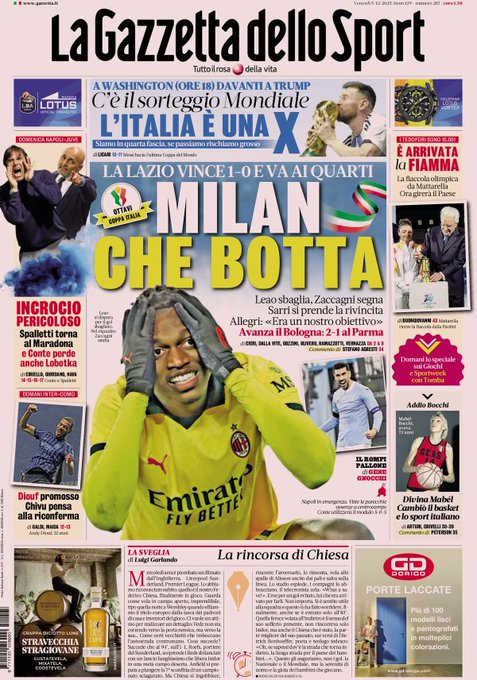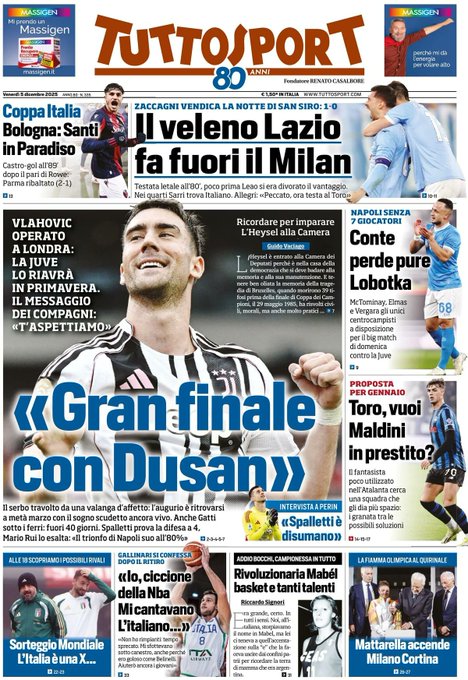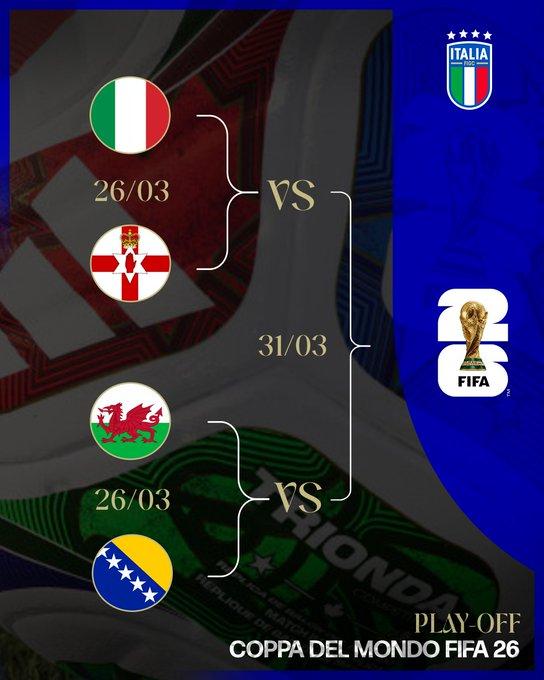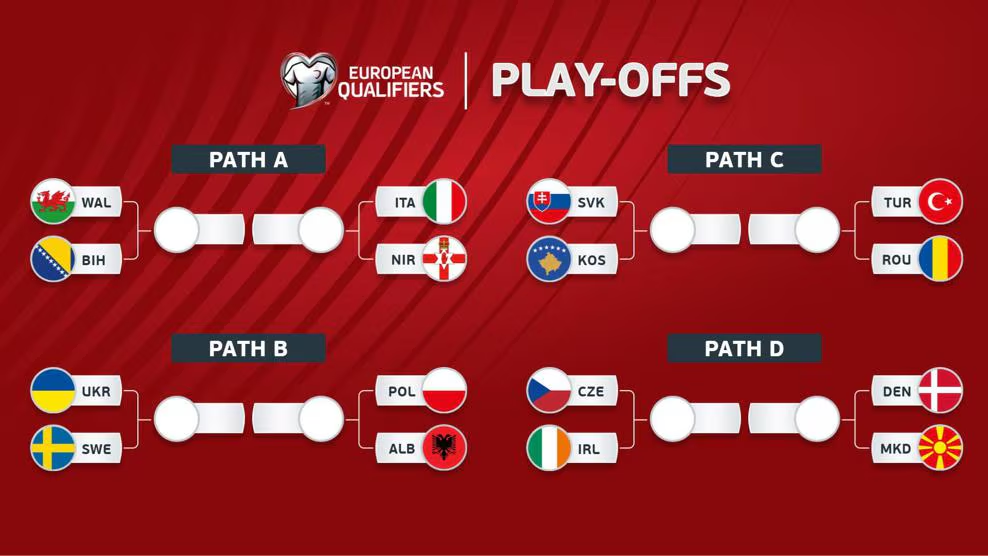FIFA legends Ronaldo Nazário, Francesco Totti, Hristo Stoichkov, and Alexis Lalas will assist in unveiling the updated FIFA World Cup 2026™. The reveal is on Saturday, 6 December 2025. FIFA will announce the venues and kick-off times for the World Cup.
Andrés Cantor will serve as the host of the revised match schedule for the inaugural 48-team, 104-match FIFA World Cup™.
The following legends will join FIFA President Gianni Infantino:
✅ Ronaldo Nazário, who won the FIFA World Cup in 1994 and 2002 with Brazil.
✅ Francesco Totti, who won the FIFA World Cup in 2006 with Italy.
✅ Bulgarian football legend Hristo Stoichkov, a joint top scorer at the 1994 FIFA World Cup™ in the United States.
✅ American football star Alexis Lalas, one of the most memorable players from the 1994 edition.
The updated schedule comes after the eagerly awaited Final Draw for the FIFA World Cup 2026™ in Washington DC on Friday, 5 December 2025. This event confirmed 12 thrilling groups of four for the upcoming tournament.
Nevertheless, the final version of the match schedule will be released in March, following the completion of the FIFA and European play-off tournaments, which will fill the last six slots.
#FIFAWorldCup #FIFAWorldCup2026
Renowned players Ronaldo Nazário, Francesco Totti, Hristo Stoichkov, and Alexis Lalas will assist in unveiling the revised FIFA World Cup 2026™. Excellent! I am eagerly anticipating the commencement of the World Cup! Let us kick off the games.@ASRomaEN @SerieA_EN @ASRomaStats pic.twitter.com/O9arLAcur7
— Anna Italia (@ItalianSerieA) December 6, 2025

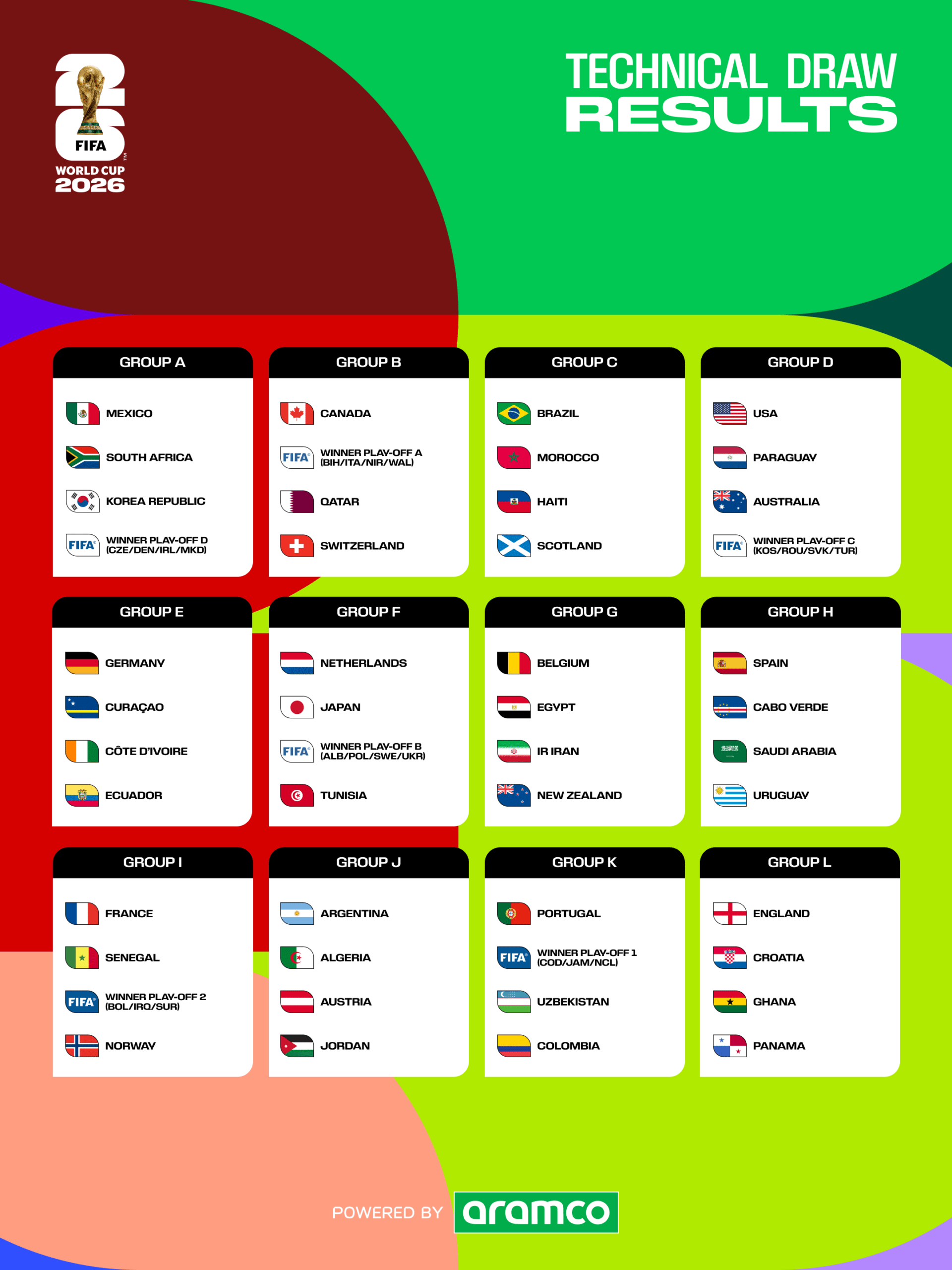

 By Anna Italia
By Anna Italia
